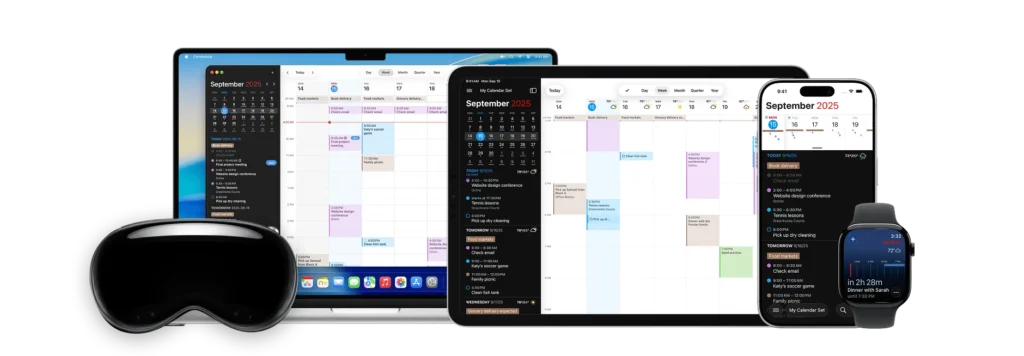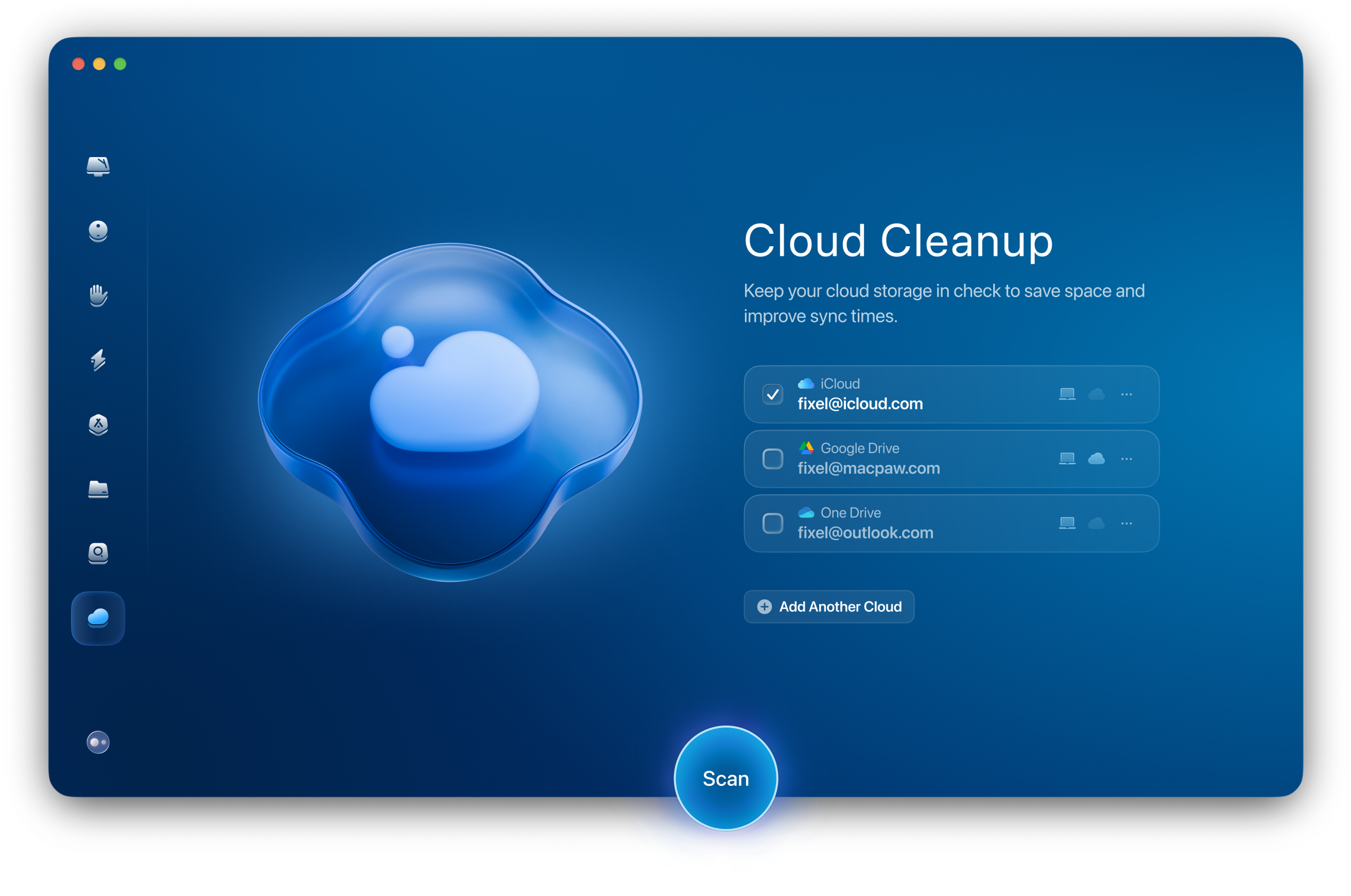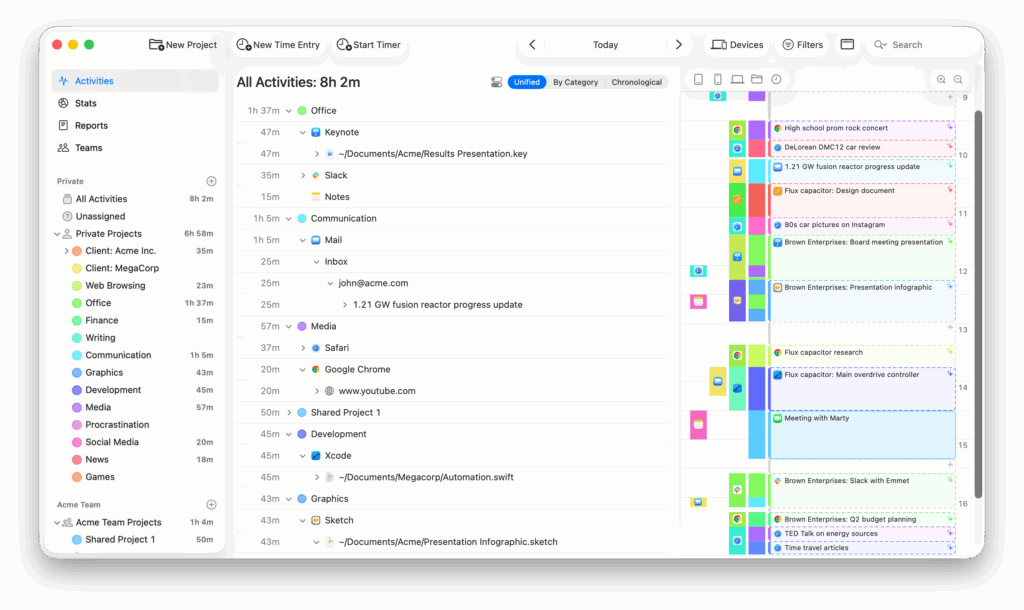The latest MacSparky Book Club meetup on Dave Gray’s Liminal Thinking had a lot of insightful ideas.
… This is a post for MacSparky Labs Members only. Care to join? If you’re already a member, you can log in here.
A Few Notes on iPhone Teardowns
iFixit has been at it again, and there are a few notes worth mentioning regarding the teardowns of the latest iPhones.
The iPhone Air is More Durable and Repairable Than Expected
One of the big questions surrounding this phone was durability, but the titanium frame appears to render it just fine on things like bend tests. Moreover, once pulled apart, you can really see that all of the components fit in the body of the phone with the rest of the space dedicated to the battery. Impressive.
The iPhone Pro Vapor Chamber Is Just Cool
I expected the vapor chamber would be full of water, but it turns out that’s not how they work. There’s a single drop of water inside that makes it work.

It looks as if the sharp corner of the camera plateau is susceptible to scratching and losing its anodized color.
The TechWoven Case is Better than FineWoven
iFixit also took its testing techniques to the new TechWoven case. In short, it’s a lot more resilient out of the box compared to FineWoven. However, taking a razor blade to it cuts through the surface treatment, which leads to trouble. It sure is a good thing I don’t keep an exposed razor blade in my pocket.
Fantastical: The Calendar That Actually Thinks Like You Do (Sponsor)

Today’s sponsor is Fantastical from Flexibits. I want to share why their approach to calendar management continues to impress me after all these years.
You know that moment when you’re trying to schedule something and your brain works faster than your calendar app? That’s where Fantastical shines. I can type “Coffee with Sarah next Tuesday at 10am at Blue Bottle” and Fantastical just gets it. The natural language processing isn’t just a party trick. It fundamentally changes how I interact with my calendar. No more clicking through date pickers and dropdown menus when my brain’s already moved on to the next task.
What really sets Fantastical apart for productivity nerds like us is the depth of customization. Calendar Sets let me switch contexts instantly—I’ve got different sets for deep work days, meeting-heavy days, and weekends. The app automatically knows which calendars I need to see based on where I am or what time it is. It’s like having multiple calendar personalities that adapt to my workflow.
The integration game is strong too. Beyond the usual suspects, Fantastical plays beautifully with Shortcuts, which means I’ve automated calendar creation for recurring project types. The app handles conference calls brilliantly—whether it’s Zoom, Teams, or Google Meet, the join button is right there when I need it.
One feature that doesn’t get enough love: the weather integration. Knowing if tomorrow’s meeting requires an umbrella or if that outdoor event might get rained out helps me plan better. It’s these thoughtful touches that make Fantastical feel less like software and more like a really competent assistant.
If you’re ready to stop fighting with your calendar and start working with it, check out Fantastical. They offer a free trial so you can experience the difference yourself.
Focused 239: How to Focus Like a Roman Emperor, with Donald J. Robertson
Cognitive behavioral psychotherapist and author Donald J. Robertson joins Mike and me on this episode of Focused to talk about ancient philosophy as a tool for focus.
This episode of Focused is sponsored by:
- Incogni: Take your personal data back with Incogni! Use code FOCUSED with this link and get 60% off an annual plan.
- Zocdoc: Find the right doctor, right now with Zocdoc. Sign up for free.
- Indeed: Join more than 3.5 million businesses worldwide using Indeed to hire great talent fast.
- 1Password: Discover SaaS applications, automate lifecycle management, and optimize SaaS spend.
Mac Power Users 815: Automation Update with Sal Soghoian
While Stephen is busy with the Podcastathon, Sal Soghoian joins me on this episode of Mac Power Users to talk about the state of automation and the best way to get started with automation in 2025.
This episode of Mac Power Users is sponsored by:
- Squarespace: Save 10% off your first purchase of a website or domain using code MPU.
- Indeed: Join more than 3.5 million businesses worldwide using Indeed to hire great talent fast.
The Rumored $599 MacBook
There’s a lot of chatter lately about Apple working on a new entry-level MacBook. The latest report from DigiTimes claims it could feature a 12.9-inch display and, more importantly, a $599 price tag. That’s right, six hundred bucks for a MacBook.
If true, this could mark the return of the plain old “MacBook” branding. Apple retired that line back in 2019, but it has always carried a certain charm. The old 12-inch MacBook was ahead of its time and had the right ideas: ultra-portable, fanless, and light. It was, however, during the Intel era and it was also underpowered, got too hot, and was overpriced. A modern spin with Apple Silicon under the hood could be the redemption story for the name.
The real story here is the price. At $599, this would dramatically undercut the current MacBook Air, which starts at $999. It would also make Apple competitive with Chromebooks, low-end PCs, and even iPads with keyboards. This isn’t just another MacBook, it’s the gateway Mac for first-time buyers, students, and maybe even Windows switchers who’ve hesitated at the $1,000+ threshold.
Think of it as a Mac mini with a screen.
Of course, to get down to $599, something has to give. The screen would be a little smaller than the Air’s, and the processor could be a repurposed A18 mobile chip rather than an M-series. RAM will almost certainly be at the bare minimum. Storage could start at 128 GB. And don’t expect a rainbow of color options; Apple will likely keep this simple to keep costs down.
A $599 MacBook will eat some into Air sales, but Apple may not care if the net effect is pulling in more users. It could also make some would-be iPad + keyboard buyers think twice. For years, the Air has been the entry-level Mac. If this rumor pans out, the Air suddenly has company on the lower shelf.
I’ve long wished Apple would bring back the ultralight 12-inch MacBook. I don’t think this is that machine. This one feels like it’s going to be all about minimal specs at a low price point. But Apple Silicon is that good. Even a “budget” version will likely feel fast and capable for most people. If Apple really does launch a $599 MacBook, I expect they’ll sell a lot of them and their owners will be happy.
The Lab Report for September 19, 2025
In this week’s episode: The new hardware reviews are in, an updated batch of product rumors, and the Relay for St. Jude podcastathon is happening today.
… This is a post for MacSparky Labs Members only. Care to join? If you’re already a member, you can log in here.
MacPaw Adds Cloud Storage Cleanup to CleanMyMac

MacPaw just announced Cloud Cleanup, a new feature that brings CleanMyMac‘s cleaning capabilities to your cloud storage accounts. As someone who relies on CleanMyMac, I’m happy to see the app tackle yet another common problem: managing the mess in my cloud storage.
Cloud Cleanup extends CleanMyMac’s functionality beyond your local Mac and into cloud storage services like iCloud, Google Drive, and OneDrive. The feature offers two cleanup methods: Remove (deletes unnecessary files from cloud accounts) and Unsync (removes local copies while keeping files in the cloud).
You get a tile-based dashboard showing key insights for each connected account, plus smart alerts when unused files are detected or storage limits are near. The feature works entirely on-device without saving or accessing any files in your cloud storage, connecting through existing desktop apps.
Starting July 29, 2025, Cloud Cleanup is available exclusively in CleanMyMac’s new Plus plan. As someone who already uses CleanMyMac regularly, having cloud storage management built into the same workflow makes sense.
Using Karabiner-Elements with Your Magic Keyboard
Karabiner-Elements is a keyboard remapping tool that many folks think of in relation to fancy third party clicky-keyboards. But there is no reason you can’t also use it with your Apple laptop or Apple Magic Keyboard. Let me show you how.… This is a post for the MacSparky Labs Pathfinder and Insider members. Care to join? If you’re already a member, you can log in here.
Timing: Stay on Top of Your Time Without Timers (Sponsor)
This week, MacSparky is delighted to feature Timing, the premier automatic time-tracking app for Mac users. As we march toward the macOS 26 Tahoe release, Timing got a nice update and now looks great with Liquid Glass. Just look at this screenshot:

Unlike traditional timers that require manual activation, Timing works seamlessly in the background, meticulously recording your activity across apps, websites, and documents. This ensures you gain an accurate and comprehensive overview of how your time is allocated, enabling you to identify productivity patterns and areas for improvement. Looking at your Timing log will let you know exactly what went down if your day ever gets away from you.
Key Features of Timing
- Automatic Tracking: No need to remember to start or stop timers. Timing automatically logs your activities, capturing every detail without manual intervention.
- Detailed Insights: Review precise data on the duration spent on specific applications, documents, or websites. For instance, distinguish between time dedicated to a client proposal in Word versus casual browsing on retail sites.
- AI-Powered Summaries: Leverage artificial intelligence to receive concise summaries of your daily activities, helping you quickly grasp where your time goes without sifting through extensive logs.
- Team Functionality: Timing also has teams support. Collaborate effortlessly by sharing projects, while managers can view aggregated time reports. Importantly, individual privacy is respected, as only manual time entries are visible to supervisors, ensuring a non-intrusive tracking environment.
- Integration and Automation: Timing offers seamless integration with various tools and supports automation through features like Siri Shortcuts and a web API, enhancing your workflow efficiency.
- Web App Access: Access your Timing data from anywhere using the Timing web app. Start and stop timers on the go, manage your team, and integrate with other services, ensuring flexibility and control over your time tracking.
Understanding how you spend your time is the first step toward enhanced productivity. By providing an unobtrusive and precise tracking system, Timing empowers you to make informed decisions about your time.


